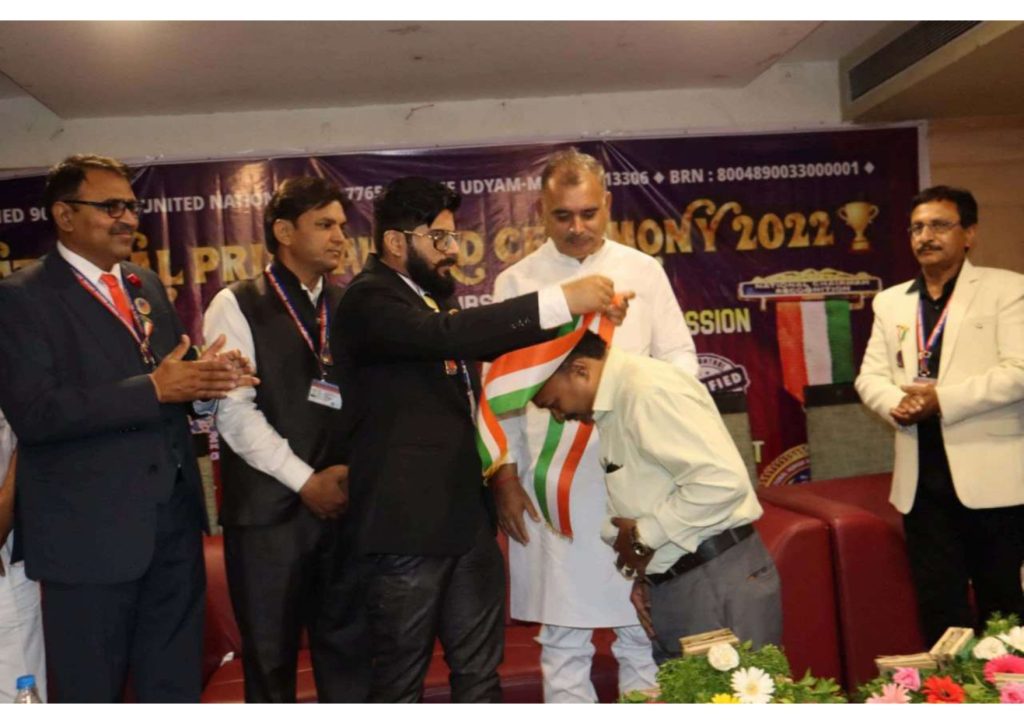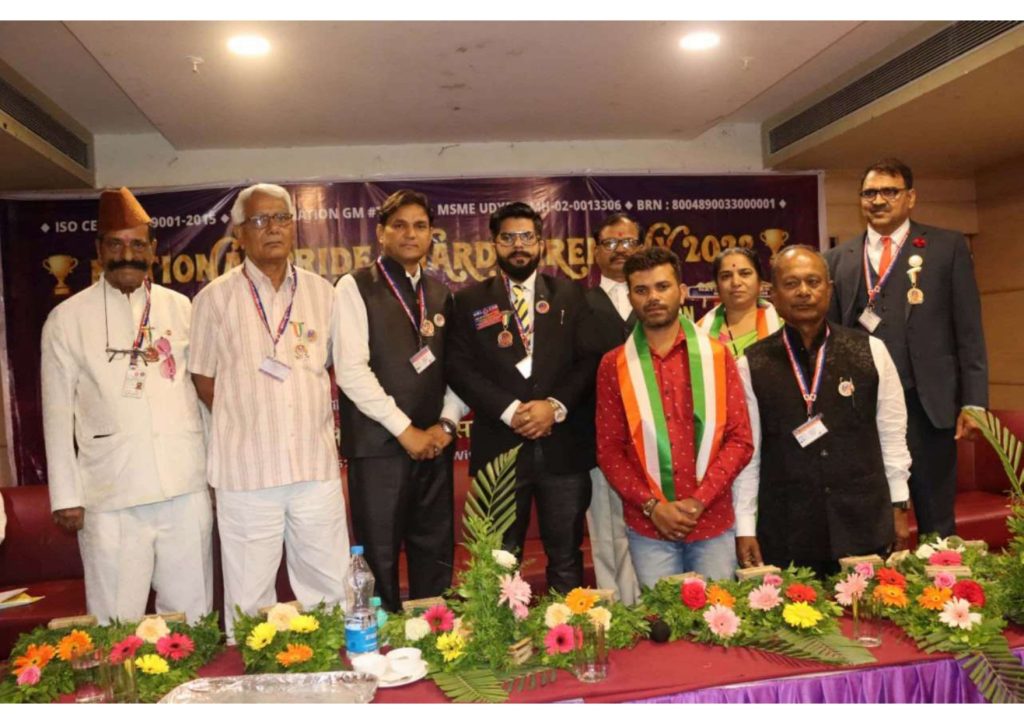
Our Mission
Phasellus et ipsum justo. Aenean fringilla a fermentum mauris non venenatis. Praesent at nulla aliquam, fermentum ligula a eget, fermentum metus. Morbi auctor sed dui et rhoncus, vitae et pretium est mollis nec.

Take Them Off the Streets
An NGO is a mission-driven entity that operates independently of government control, focusing primarily on social, humanitarian, or environmental issues. While most NGOs are nonprofit, they may receive funding from various sources, including government grants, private donations, and international institutions.
The term “NGO” was introduced in the United Nations Charter in 1945, highlighting their role as voluntary citizen groups working for the public good.2 Since then, NGOs have become influential actors in international development, advocacy, and humanitarian


Nongovernmental organizations (NGOs) are crucial in addressing global humanitarian challenges. These mission-driven entities operate independently from government control, focusing primarily on social, humanitarian, and environmental issues. There are about 1.5 million NGOs in the United States alone. Both in the U.S. and internationally, they are found wherever humanity’s challenges are greatestWhile their name suggests complete independence from government institutions, many NGOs receive some government funding alongside private donations and other revenue sources. This creates shifting dynamics based on levels of state support and the wishes of major donors.